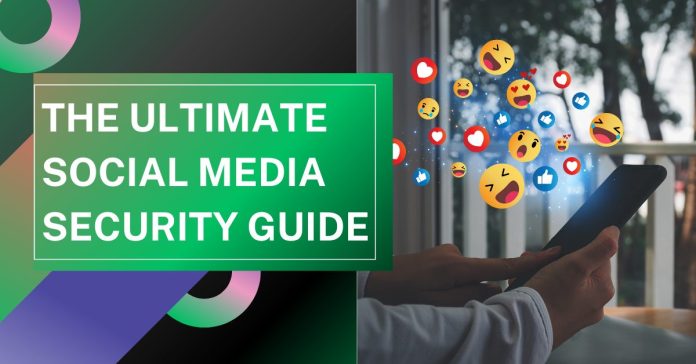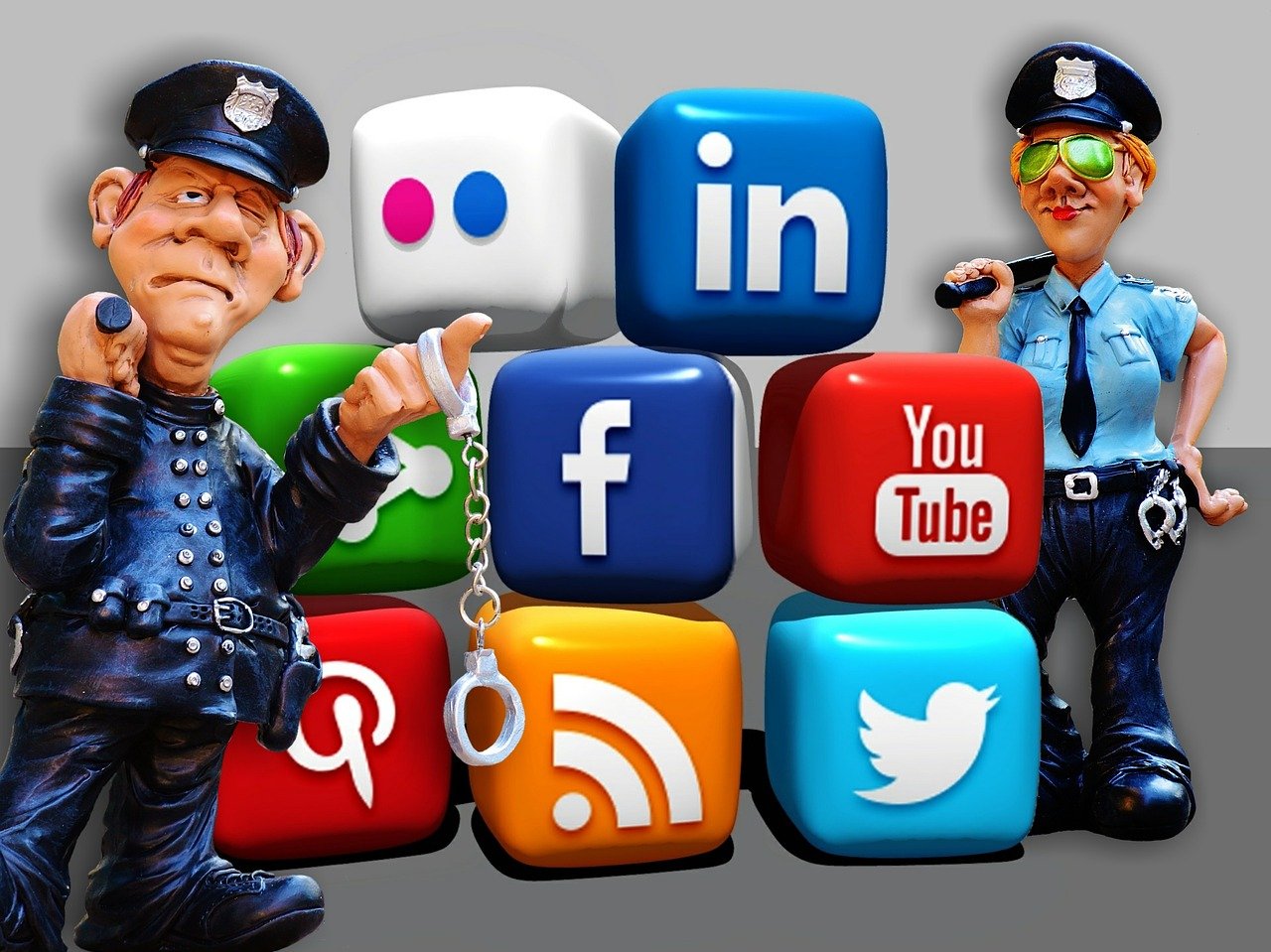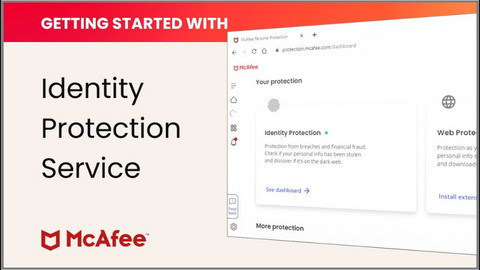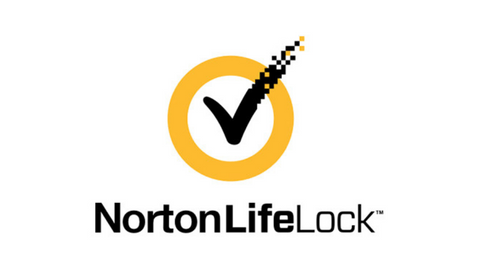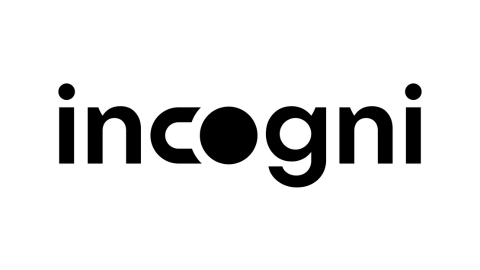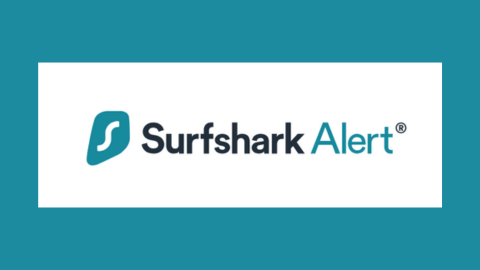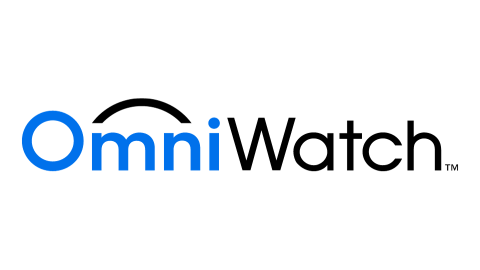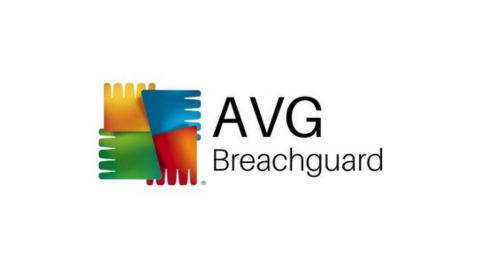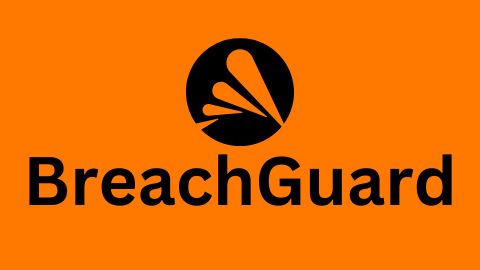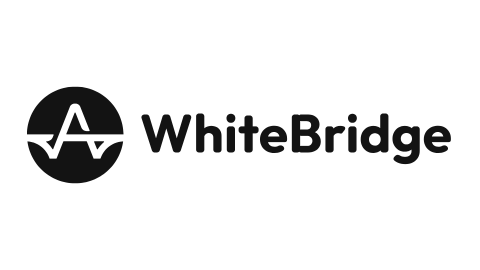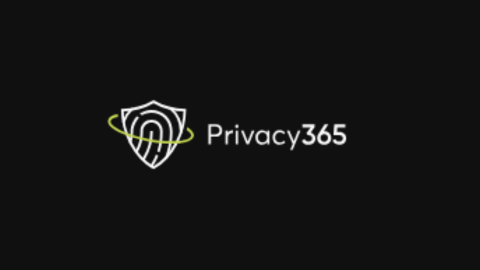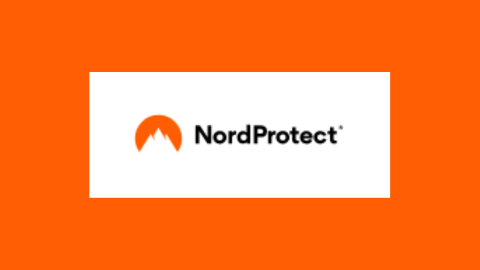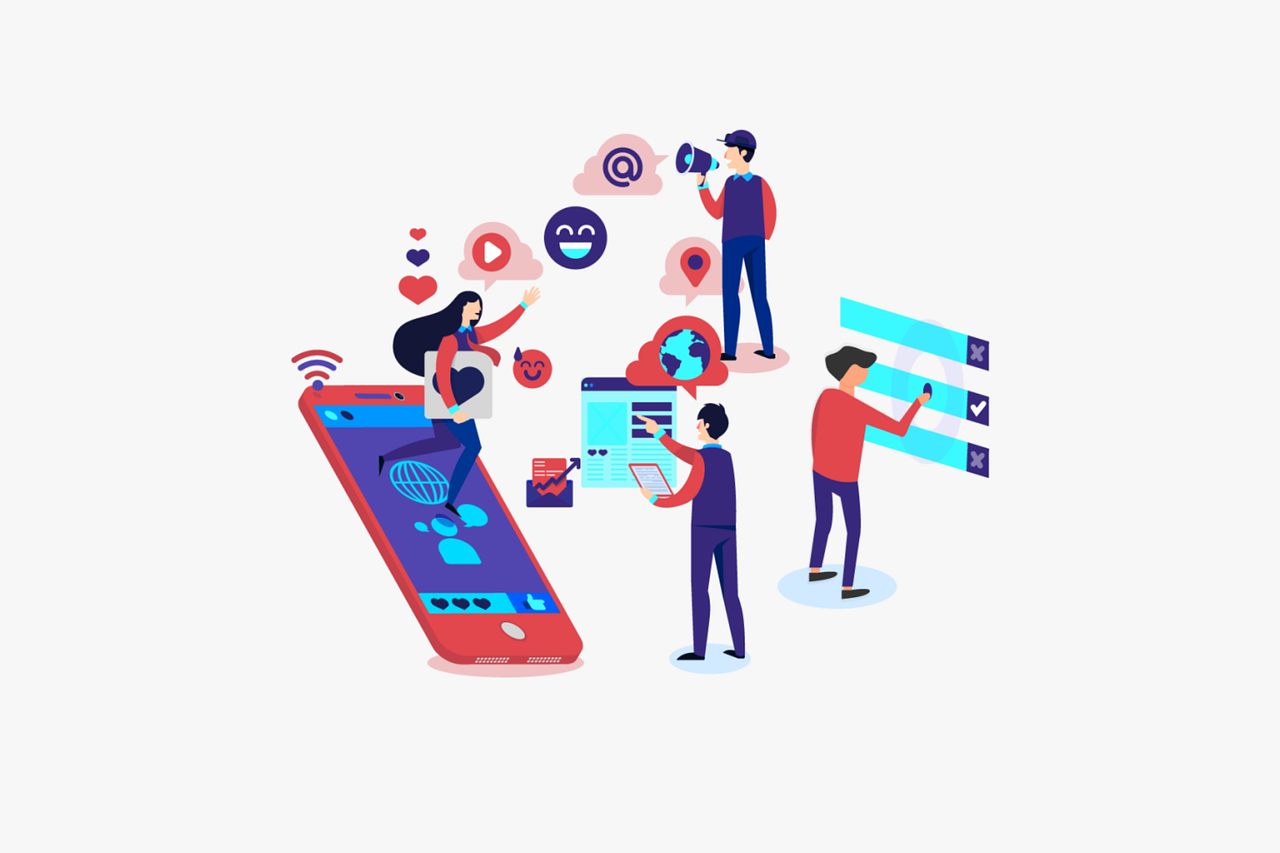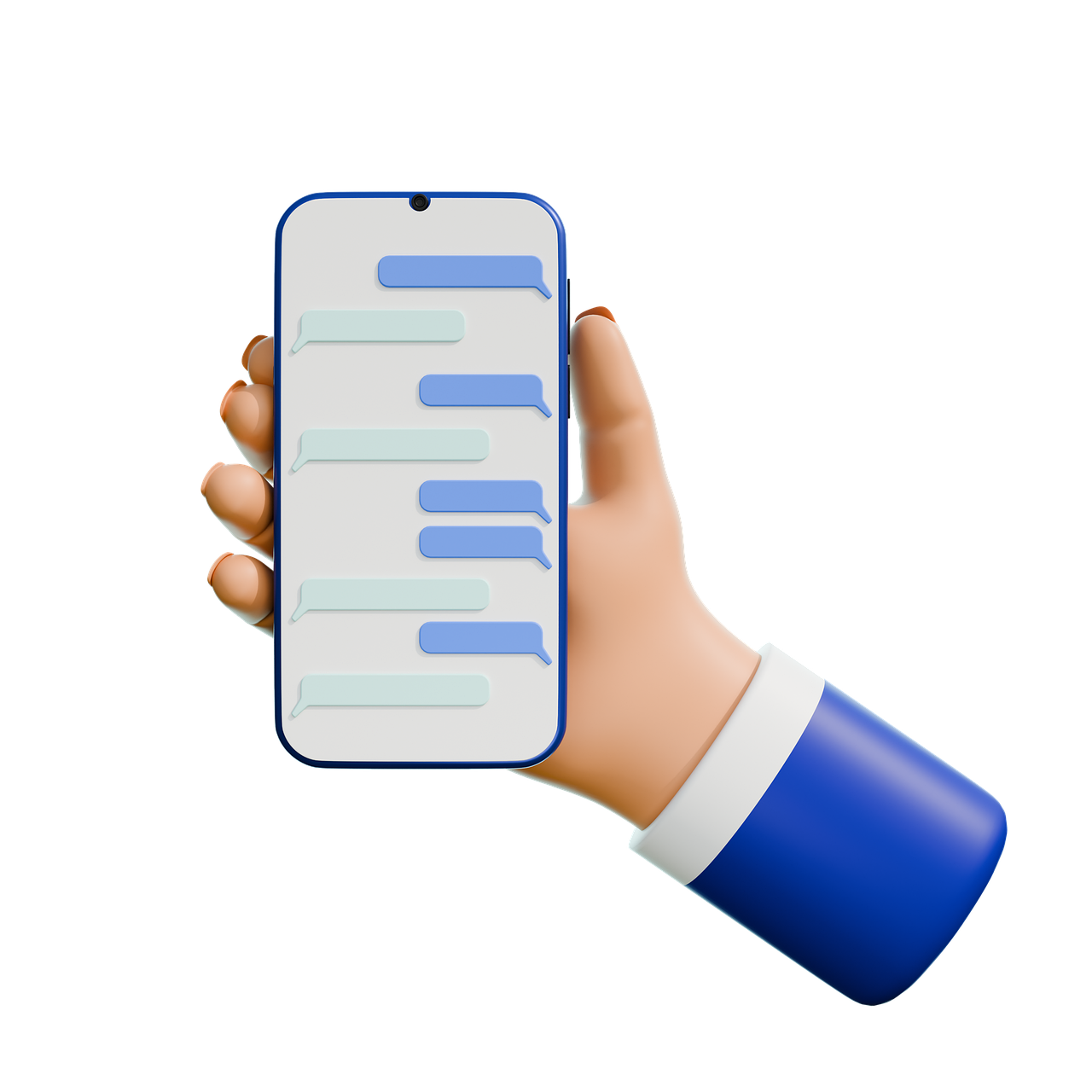Here is the social media security guide to help you on social media platforms.
The world of social media has grown exponentially over the past decade, and it’s now an integral part of our daily lives.
We use social media platforms like Facebook, Twitter, and Instagram to connect with friends and family, share our thoughts and experiences, and even conduct business.
However, with this increased usage of social media comes a new set of challenges, particularly when it comes to securing our online presence.
In this comprehensive social media security guide, we’ll explore the topic of social media security, its importance for individuals and businesses, and the steps you can take to protect your accounts and information.
Social media security refers to the measures taken to ensure that your online presence, including your personal information, remains secure and protected from potential threats. This includes everything from strong passwords and privacy settings to understanding and avoiding common social media scams and threats.
In today’s digital age, social media security is more important than ever before, as hackers and cybercriminals are continually finding new ways to exploit vulnerabilities and gain access to our accounts.
As we dive deeper into the social media security guide, we’ll cover the importance of social media security, common threats that you should be aware of, best practices for securing your accounts, and tools and resources that can help you maintain a safe and secure online presence.
Table of Contents
What Is Social Media Security?
Social media security is an umbrella term encompassing the strategies and practices employed by individuals and businesses to safeguard their accounts and information on social media platforms.
It involves a multi-pronged approach aimed at mitigating various threats, including:
- Unauthorized access: Protecting your accounts from hackers and other malicious actors who attempt to steal your personal information or hijack your account.
- Data breaches: Preventing the unauthorized exposure of your personal data stored by social media platforms.
- Privacy violations: Controlling who can access and see your information on social media platforms and preventing it from being misused.
- Fraudulent activities: Protect yourself from falling victim to scams, phishing attempts, and other fraudulent activities perpetrated through social media platforms.
Essentially, social media security is about building a robust defence against various threats impacting your online privacy and security on these platforms.
It requires proactive measures, including using strong passwords, being mindful of what you share, and staying informed about the latest security threats and best practices.
In my own experience, social media security isn’t just a matter of convenience, it’s a matter of safety. After experiencing identity theft due to a social media breach, I’ve become hypervigilant about protecting my online presence.
Best Social Media Security Deals
Importance of Social Media Security for Individuals and Businesses
Just like web security is imperative, social media security is essential for both individuals and businesses, as it helps protect your personal information, digital assets, and online reputation.
For individuals, it means ensuring that your personal information is not easily accessible to others, which can help protect you from identity theft, online harassment, and other potential issues.
Additionally, having strong security measures in place can help prevent unauthorized access to your accounts, which can lead to a loss of data, personal photos, or even financial information.
For businesses, social media security is critical for protecting your brand and maintaining customer trust. A breach in your social media accounts can lead to the loss of sensitive company information, damage to your reputation, and even legal issues.
Furthermore, as more and more businesses rely on social media for marketing, customer service, and sales, ensuring that your accounts are secure is vital for your company’s continued success.
In short, social media security is crucial for maintaining your privacy, reputation, and digital assets, whether you’re an individual or a business.
Common Social Media Security Threats
There are several common social media security threats that you should be aware of, including phishing attacks, malware, and account hacking.
1. Phishing Scams: A Disguise in Plain Sight
These deceptive attacks often masquerade as legitimate entities, such as social media platforms, banks, or even friends and family. Through messages, emails, or cleverly crafted posts, they lure unsuspecting users into clicking malicious links or divulging sensitive information like login credentials or financial details.
2. Malware: Weaponized Code Lurking in the Shadows
Cybercriminals leverage social media to spread malicious software disguised as harmless links, attachments, applications, or even seemingly innocent games. Clicking on these can unleash havoc, allowing attackers to steal your data, hijack your device, or even spy on your online activity.
3. Account Hacking: Losing Control of Your Digital Identity
Weak passwords, security vulnerabilities, and malware infections can leave your account vulnerable to unauthorized access. Once hackers gain control, they can wreak havoc, posting offensive content, impersonating you to scam your friends and followers, or even infiltrating your other online accounts.
4. Data Breaches: Unintentional Exposure of Your Information
Social media platforms are not immune to data breaches, which can expose your personal information, including your name, contact details, and even private messages, to unauthorized individuals. This can lead to identity theft, spam, and targeted attacks.
5. Fake Profiles and Impersonation
Malicious actors can create fake profiles mimicking your identity or the identities of your friends and family. These profiles can be used to spread misinformation, scam others into sending money or providing personal information, or damage your reputation.
6. Social Engineering: Exploiting Trust and Curiosity
Cybercriminals manipulate human psychology through carefully crafted messages, posts, or comments that evoke feelings of trust, fear, or curiosity. They exploit these emotions to lure you into revealing sensitive information or taking actions that compromise your security.
7. Social Media Addiction and Overexposure
Excessive social media use can lead to addiction and an unhealthy dependence on online validation. This can make you more susceptible to scams, phishing attacks, and other manipulative tactics, as you may be more likely to act impulsively or share sensitive information without due consideration.
8. Unwanted Contact and Harassment
Social media platforms can be breeding grounds for online harassment and stalking. Cyberbullies and predators exploit the anonymity and accessibility of these platforms to target individuals with offensive messages, threats, and even doxing.
9. Algorithmic Bias and Discrimination
Social media algorithms can perpetuate biases and discrimination, leading to unfair treatment and exposure to harmful content. This can negatively impact your mental health and well-being and even limit your access to accurate information and diverse perspectives.
By understanding these common threats, you can take the necessary steps to protect your social media accounts and your online presence.
READ ALSO: 5 Types of Data You Should Never Share With AI
Best Practices for Securing Your Social Media Accounts
To protect your social media accounts from potential threats, there are several best practices that you should follow:
- Use strong, unique passwords for each of your accounts. This means using a combination of upper and lowercase letters, numbers, and symbols to create a password that is difficult to guess. Additionally, avoid using the same password for multiple accounts, as this can make it easier for an attacker to gain access to all of your accounts if one is compromised.
- Enable two-factor authentication (2FA) whenever possible. This adds an additional layer of security to your account by requiring a second form of verification, such as a code sent to your phone, in addition to your password. This makes it more difficult for an attacker to gain access to your account, even if they have your password.
- Be cautious about the information you share on social media. Avoid posting sensitive information, such as your home address, phone number, or financial information, as this can be used by cybercriminals to target you for scams or identity theft.
- Regularly review your privacy settings on each platform. Ensure that your personal information is not easily accessible to others, and limit the visibility of your posts to only those you trust.
- Be cautious about the links you click on and the apps you download. Cybercriminals often use malicious links or seemingly innocent apps to distribute malware or gain access to your account.
By following the best practices mentioned in this social media security guide, you can help protect your social media accounts and your online presence from potential threats.
Protecting Your Privacy on Social Media Platforms
Social media offers a vibrant space for connection and sharing, but maintaining privacy in this digital landscape requires vigilance.
Beyond securing your accounts with strong passwords and two-factor authentication, mastering your privacy settings is crucial.
1. Customize Your Visibility
Dive into the privacy settings of each platform you use. Facebook allows you to restrict post visibility to friends, create custom lists for specific content, and even control who can see your tagged photos.
Similarly, Twitter’s “protected” mode ensures only approved followers can see your tweets. By limiting visibility, you safeguard your information and prevent unwanted eyes from viewing your activity.
2. Think Before You Post
Social media’s permanence can be a double-edged sword. Before hitting “share,” ask yourself crucial questions:
- Does this post contain sensitive information like your address, phone number, or private conversations?
- Could it be used to damage your reputation or negatively impact your personal or professional life?
- Would I be comfortable with this information being accessible to everyone on the internet?
- Is this information necessary to share on this platform, or can I communicate it privately?
Remember, once something is uploaded, it’s difficult to completely erase, even with deletion.
3. Explore Platform-Specific Features
Platforms like Instagram offer “Close Friends” lists, allowing you to share stories with a select group. Facebook’s “Limited Profile” feature restricts information accessible to non-friends.
Exploring these features empowers you to curate your online presence, tailoring it to specific audiences and safeguarding your privacy.
4. Manage Third-Party Access
Be cautious when granting third-party apps access to your social media accounts. Review the permissions requested and understand how your data will be used. Consider revoking access to apps you no longer use or trust.
5. Prioritize Data Minimization
Share only what you’re comfortable with. Avoid oversharing personal details, location information, or private messages on public platforms. Remember, less is often more when it comes to online privacy.
6. Stay Informed
Social media platforms evolve constantly, so staying updated on their latest privacy features and settings is crucial. Regularly revisit your preferences and adapt them based on your evolving needs and comfort levels.
By implementing these strategies and maintaining a mindful approach to sharing, you can navigate the social media landscape with confidence, enjoying its benefits while safeguarding your privacy and protecting yourself from potential harm.
Social Media Security Tools and Software
There are several social media security tools and software available that can help you protect your accounts and information.
These tools can help you monitor your accounts for potential threats, manage your passwords securely, and even detect and remove malware.
- Password managers: Tools like 1Password and Dashlane allow you to securely store and manage your passwords for all of your online accounts, including social media platforms. They can also generate strong, unique passwords for you, making it easier to follow best practices for password security.
- Malware detection and removal tools: Software like Malwarebytes or Norton 360 can help you detect and remove malware from your devices, reducing the risk of your social media accounts being compromised.
- Two-factor authentication apps: Apps like Google Authenticator or Authy can help you implement two-factor authentication for your accounts, providing an additional layer of security.
- Social media monitoring tools: Tools like Hootsuite and Sprout Social allow you to monitor your social media accounts for potential threats, such as suspicious activity, spam, or phishing attempts.
By using these tools and software, you can help protect your social media accounts and your online presence from potential threats.
RECOMMENDED Social Media Security Deals
Social Media Security Policies for Businesses
Businesses should implement social media security policies to protect their brand, reputation, and sensitive company information.
These policies should outline the steps employees should take to secure their accounts, as well as guidelines for using social media on behalf of the company.
Some key elements of a social media security policy for businesses include:
- Requiring employees to use strong, unique passwords for their accounts and to enable two-factor authentication when possible.
- Providing guidelines for the types of information that can be shared on social media, such as avoiding the posting of sensitive company information or financial data.
- Establishing a process for monitoring and responding to potential social media threats, such as phishing attempts or account hacking.
- Outlining the consequences for violating the social media policy, such as disciplinary action or termination.
- Providing regular training and education for employees on social media security best practices and emerging threats.
By implementing a social media security policy, businesses can help protect their brand and sensitive information from potential threats.
Educating Employees on Social Media Security
Educating employees on social media security best practices and emerging threats is critical for maintaining a secure online presence for businesses.
This can include providing regular training sessions, creating educational materials, and encouraging employees to stay up-to-date on the latest social media security news.
Training sessions should cover topics such as password security, two-factor authentication, phishing attacks, and malware. Employees should also be educated on the company’s social media security policy and the potential consequences of violating it.
It’s also important to encourage employees to stay up-to-date on the latest social media security news and trends. This can include subscribing to security blogs and newsletters, attending industry conferences, and participating in online forums.
By educating employees on best practices, businesses can help ensure that their online presence remains secure and protected from potential threats.
Staying Updated with Social Media Security Trends and News
Finally, staying up-to-date with the latest social media security trends and news is critical for maintaining a secure online presence.
Cybercriminals are continually finding new ways to exploit vulnerabilities and gain access to accounts, so it’s essential to stay informed on emerging threats and best practices for protecting your accounts and information.
Some resources for staying updated on social media security news and trends include security blogs and newsletters, industry conferences, and social media platforms themselves.
See how OmniWatch can protect you – read our OmniWatch review on this tool that removes your personal information from the dark web and data broker websites.
Many social media platforms have dedicated security pages or accounts that provide updates on potential threats and how to protect yourself.
By staying informed and vigilant, you can help protect your social media accounts and your online presence from potential threats.
Social Media Security Guide: FAQs
What is social media security, and why is it important?
Social media security refers to protecting your accounts, content, and data from unauthorized access, cyberattacks, and misuse. It is crucial because both individuals and businesses are prime targets for phishing, identity theft, account takeovers, and reputation damage. A single breach can lead to data loss, financial fraud, or irreversible brand trust erosion.
How can I secure my personal social media accounts?
To protect personal accounts, use strong, unique passwords for each platform, enable two-factor authentication (2FA), set strict privacy controls, and avoid logging in on public Wi-Fi without a VPN. Regularly check app permissions and be cautious of quizzes or clickbait posts that harvest personal data.
What are the top threats to social media accounts?
The most common threats include phishing messages, fake friend requests, credential stuffing attacks, malicious links, and impersonation scams. Increasingly, AI-generated deepfakes and social bots are also being used to manipulate users or harvest sensitive information.
How can businesses protect their brand on social media?
Businesses should use social media management tools with user roles and audit trails, implement a clear social media policy, and monitor platforms for fake pages or brand misuse. Registering brand handles across major platforms, even if unused, can help prevent impersonation.
What is two-factor authentication (2FA) and how does it help?
2FA adds a second step to the login process — like a verification code or authenticator app — to protect your account even if your password is stolen. Platforms like Facebook, Instagram, and LinkedIn all support 2FA and recommend activating it for added security.
How can I detect if my social media account has been hacked?
Look for red flags such as login attempts from unknown devices or countries, unusual messages sent from your account, unfamiliar posts, and email alerts about changes you didn’t make. You might also be logged out unexpectedly or receive password reset links you didn’t request.
What should I do if my social media account is compromised?
Act fast: reset your password, revoke suspicious app permissions, and turn on 2FA. Contact the platform’s support immediately to report the breach. Post a notice warning your followers if any scams were sent from your account to prevent further damage.
Are social media scheduling tools safe to use?
Yes — provided you use well-established tools like Buffer, Hootsuite, or Sprout Social with verified security protocols. Always check their privacy policies, revoke unused integrations, and assign limited roles to team members to avoid unnecessary risks.
How can businesses prevent employees from becoming a security risk on social media?
Train employees on recognizing phishing scams, using secure passwords, and handling sensitive information. Implement least-privilege access, monitor activity with audit tools, and reinforce a culture of cybersecurity awareness across departments.
Why should I regularly audit my social media security settings?
Regular audits help you identify potential vulnerabilities like outdated passwords, unused apps with access, or profile visibility issues. Platforms frequently update their privacy features, so periodic reviews ensure you remain protected against new threats.
Wrapping Up The Social Media Security Guide
Before I conclude this social media security guide, I will say that social media security is critical for maintaining a secure online presence, whether you’re an individual or a business.
By understanding the common threats and best practices for securing your accounts, you can help protect your personal information, digital assets, and online reputation.
Remember to use strong, unique passwords for each of your accounts, enable two-factor authentication whenever possible, be cautious about the information you share on social media, and regularly review your privacy settings.
Additionally, consider using social media security tools and software to monitor your accounts for potential threats and to manage your passwords securely.
For businesses, implementing a policy and educating employees on best practices and emerging threats is critical for maintaining the security of sensitive company information and protecting the brand’s reputation.
Finally, remember to stay up-to-date with the latest social media security trends and news to help protect your online presence from potential threats.
By following these best practices mentioned in this social media security guide and staying informed, you can help safeguard your online presence and maintain a secure digital life.
INTERESTING POSTS
- Six-Step Guide To Establish A Strong Digital Presence For Your Brand
- Cyber Security Risks And Solutions In 2023
- 50 SUREFIRE Tips To Protect Your Privacy Online
- Tips For Keeping Children Safe Online [Detailed Guide For Parents]
- What Are Phishing Scams And How You Can Avoid Them?
- Ultimate Digital Privacy Guide: Protect Your Data Today
About the Author:
Mikkelsen Holm is an M.Sc. Cybersecurity graduate with over six years of experience in writing cybersecurity news, reviews, and tutorials. He is passionate about helping individuals and organizations protect their digital assets, and is a regular contributor to various cybersecurity publications. He is an advocate for the adoption of best practices in the field of cybersecurity and has a deep understanding of the industry.


